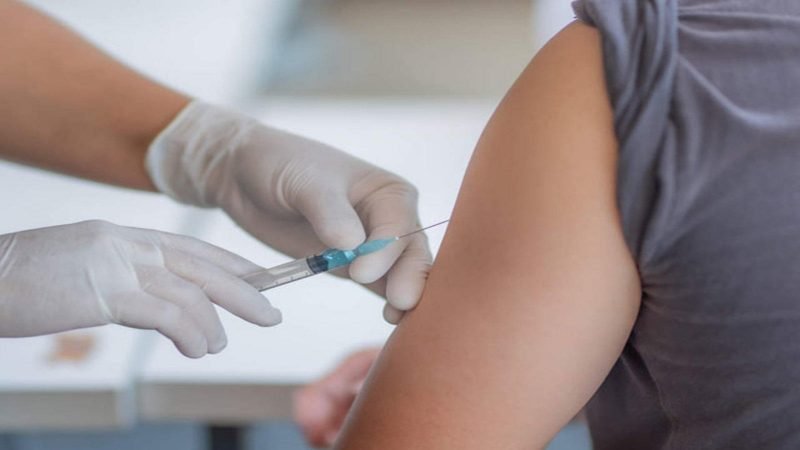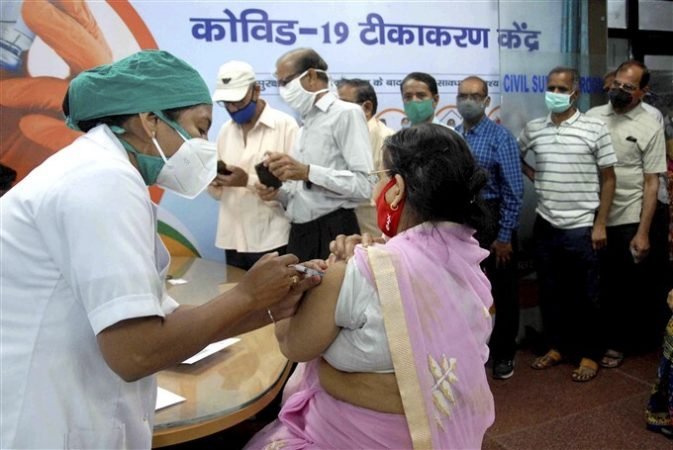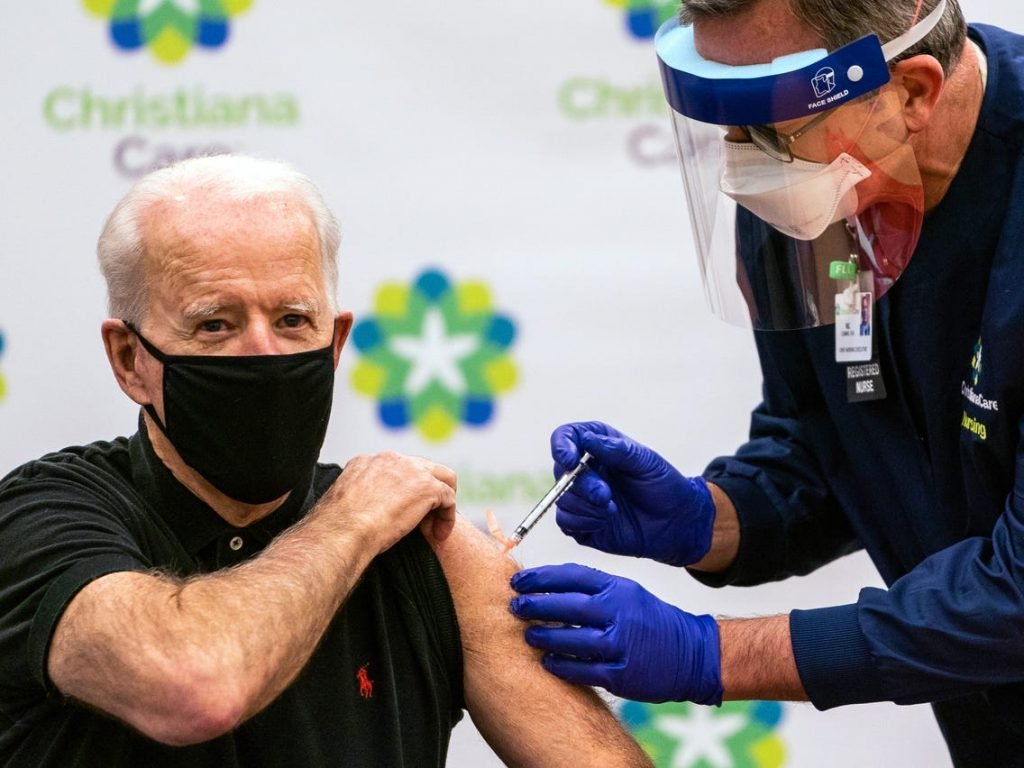Universal Vaccination and the need for a Carrot and Stick Policy

The world has been gripped by the CoronaVirus pandemic since early 2020. Different waves of the pandemic have wreaked havoc globally. Global medical experts and vaccine companies scrambled to develop potential vaccines for fighting off this dreaded virus. Subsequently¸ various vaccines have been manufactured by major global pharmaceutical companies. Consequently, out of a global population of about 7.8 billion, about 2.2 billion vaccine doses have been administered globally, with about 440 million people being fully vaccinated, roughly about 5.7% of the global population.
With the arrival of vaccines, the conspiracy theorists came all guns blazing to try and instil in people seeds of vaccine hesitancy. There appears to be a great deal of vaccine hesitancy among the global populace, even as governments of the countries throughout have been trying hard to vaccinate their citizens. Vaccine hesitancy refers to hesitancy in individuals taking a vaccine shot, either due to coincidental temporal relationships to adverse health outcomes or due to a general lack of trust in the governments and public health agencies. The reasons for vaccine hesitancy may vary. In some parts of Kolkata, the capital of the Indian state of West Bengal, fake news of impotency and death raised vaccine hesitancy, before the news was eventually called out as a hoax by media houses and the government. Similar rumours are doing the rounds amongst the Afro-American community in the USA. A recent report by Morning Consult points to high rates of people unsure or unwilling to get vaccinated in Russia, Australia, South Korea, Germany, Italy, Spain, the USA and Canada.
Many countries of the world have experienced a decline in the demand for vaccines after an initial peak. This has slowed down vaccination rates. Now, there appears to be an even greater cause of concern. It has been noticed that many countries, irrespective of the vaccine hesitancy rate, are also grappling with slow vaccine rollouts and low vaccination rates. Vaccination rates are high in Israel, Bahrain, Mongolia, Chile, the USA, Hungary and UK; they have all managed to fully vaccinate more than 40% of their population. Those with low vaccination rates of less than 20% include India, Canada, Brazil and France. In order to increase the vaccination rates, Governments then tend to dole out certain vaccine incentives to instil some confidence in the population regarding the vaccination process. These may include free cash, free medicines, education scholarships or even free grocery.

Studies have also shown that this vaccine hesitancy is on a steady decline. A recent report by Morning Consult shows that the rate of vaccine hesitancy has dropped by as much as 5.5% on average, with the biggest drops seen in Germany, China, France and Spain. The basic mantra of reducing vaccine hesitancy involves developing trust among people by disseminating information through official communication by the government and community leaders.
Proponents of vaccination incentives opine that there appears to be some logic behind providing financial incentives. These may be used to offset the indirect costs of vaccination, which includes time spent planning appointments, travelling, or waiting; lost income for hourly wagers; or expenses such as child care. These costs disproportionately deter low-income people from getting vaccinated, and payments could ensure that vaccination is indeed “free” to all.” Financial incentives such as education scholarships or even free grocery are acceptable and generally necessary. However, there appears little logic in governments giving out free lottery tickets free booze, or for instance free guns to those getting vaccinated.
Vaccination incentives may not always lead to desired results. Hong Kong is a classic case study. The country has had a free and easily accessible vaccination system open to all adults since April 2021. Yet, just about 10% of the population has been fully vaccinated. Vaccine hesitancy is rampant so much so that almost half of the Hong Kong residents do not even intend to get vaccinated. Lucky draws giving away apartments, free flight tickets, mid-air parties, discounted vining, dining and lodging, shopping vouchers, and employers giving away bonuses and extra leaves have not been able to push up the demand for vaccinations.
All the talk about vaccine hesitancy has led into a debate about vaccine acquiescence. There have been demands to make vaccinations mandatory. Proponents of vaccination point out that since the threat to public health from COVID-19 is imminent and grave, one must get vaccinated, especially because the vaccines have clinically shown to be effective against almost all strains of the virus. Experts point out that under such a scenario, mandatory vaccinations would be more useful than vaccination as a choice. The penalties or costs for non-compliance will be proportionate to the threat level of the disease. Experts note that when risks appear to be more uncertain, payments for vaccination may well be a more ethically superior option than anything else.
Instead of rolling out such frivolous freebies, the governments may instead roll out an efficient and detailed communication program targeted at eradicating vaccine hesitancy. The citizens have the right to be provided with factual information regarding the vaccination process. The government should also provide the citizens logistical information about the availability of vaccines, and certain common questions such as how the vaccine works, pros and cons of the vaccine, when to seek a doctor post vaccination, etc. A full day paid holiday may be declared for individuals getting the shot and sending in the vaccine certificate to their employers.

Indonesia is a textbook case to conclude that sticks without carrots may not have the desired results. The Indonesian government aims to vaccinate the entire Indonesian population by the end of March. The vaccine rollout, however, has been slow and disorganized, with just about 4.2% or 11 Million population fully vaccinated as of June 11, 2021. However, estimates suggest that at this rate, it would take Indonesia more than 10 years to vaccinate even three-fourths of the population. The slow progress of Indonesia’s vaccination drive can be attributed to a limited global vaccine supply, unpreparedness of the national health infrastructure and vaccine hesitancy. Indonesians do not trust the Chinese vaccines being administered by the government. Rising COVID cases and rampant vaccine hesitancy ideally should push the government of a state to repose faith in the vaccination policy and to the healthcare system at large. However, as the COVID cases rose well above a million, the government continued to ignore the healthcare system, and instead, overburdened the healthcare system by making vaccinations mandatory. What is more, the Indonesian government has announced a fine of up to US$355 for refusing vaccination. This has not done any good to the vaccination drive
This article thus opines that instead of dolling out freebies in order to lure people into getting vaccinated, the governments should instead focus on taking some concrete confidence-building measures to wean people out of vaccine hesitancy. Monetary aid can be an effective tool to boost vaccine Hearing about the deaths of near and dear ones is indeed heartbreaking for anyone, but at the end of the day, the government should come out with an extensive data analysis that may prove beyond doubt, that vaccines are completely safe, and that any post-vaccination mishap is purely accidental and certainly not routine. All forms of fake news regarding the vaccine should be dealt with a firm hand, and those propagating fake news ought to be tackled as per law. This carrots and sticks policy, it is argued, may well reduce vaccine hesitancy a great deal, as all carrots and no sticks or no carrots and all sticks will make Jack a spoilt brat.


















